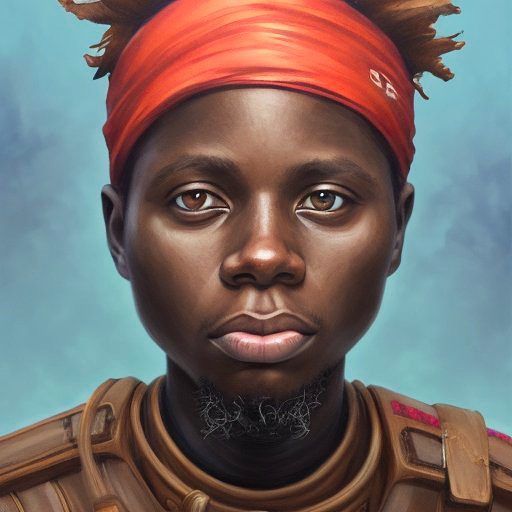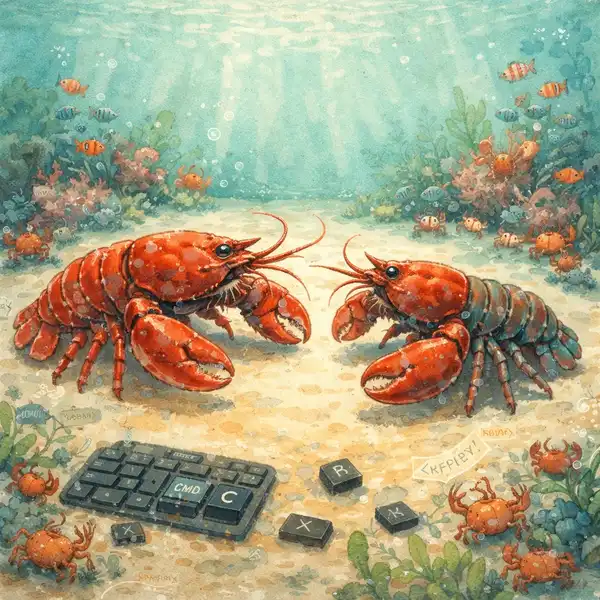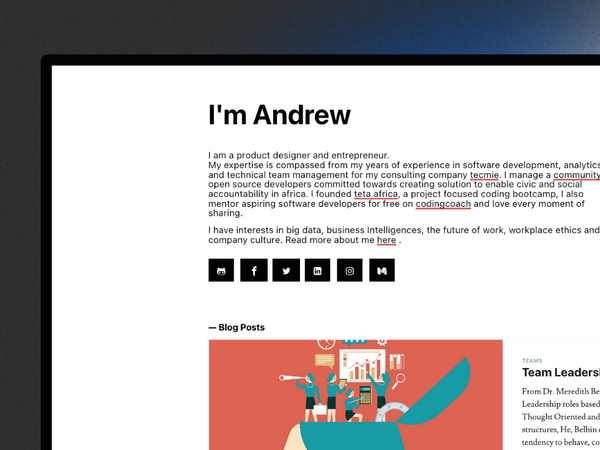Parenting AI, The Metaverse and a look into the future

People familiar with ChatGPT, GPT-3, and advancements in machine learning, Generative AI like Midjourney, DALL-E, or those who've used AI features on Snapchat, Character AI, Loom, GPTInbox, or Duolingo's personalized tutors.
I have been thinking about what the future of parenting would look like in a rapidly changing world. In just a few short years, the educational landscape may look drastically different than it does today, thanks to advancements in technology and artificial intelligence (AI).
In the coming years, we may witness the emergence of startups that create localized educational AI companions for children. These AI chat-bots would be fine-tuned with cultural context, allowing kids to learn about their own history, traditions, and values in addition to more traditional subjects like math, science, and language. With these companions, children would be exposed to a vast array of knowledge, including music, sports, dance, and much more.
The real game-changer in this futuristic educational landscape is the meta-verse, an immersive virtual reality (VR) space where users can experience life from different perspectives. Imagine a world where kids could play tennis, learn ballet, or even master musical instruments, all from the comfort of their own homes. This immersive learning environment would offer endless opportunities for exploration and skill development.
However, the metaverse would be just one aspect of this educational revolution. While children could gain valuable skills and knowledge in the virtual world, they would still need real-life experiences to fully develop their potential. Traveling and experiencing different cultures firsthand would play a crucial role in building a truly comprehensive education.
As technology continues to advance, the line between the metaverse and real life may blur, allowing for seamless integration of learning experiences across both realms. The skills and knowledge gained in the virtual world would transfer to real life, creating a generation of individuals who are adaptable, innovative, and ready to tackle the challenges of the future.
While this vision of the future of parenting may seem far-fetched to some, it’s important to remember that technology is evolving at an unprecedented rate. As we continue to explore the possibilities of AI and VR in education, it’s not unreasonable to imagine a world where the metaverse and AI companions play a significant role in shaping the next generation.
Execution Ideas
Following the release of llama.cpp a C++ port of the opensource Facebook LLAMA model, I can’t help but wonder how this would be a very solid use-case for opensource.
Education is one of the major SDGs and given the non-commercial license restrictions surrounding the LLaMA model, it only makes sense that this is built in an open way that can enable anyone plug in their data to train their own personalized companions.
Question: So how do we make money?
Answer: Hardware 😀 — I know this might sound crazy, but you could build embedded watches, headsets or wear-ables that have been specifically designed to load these models in the most intuitive way. This could enable one circumvent the model restrictions while running a somewhat sustainable operation.
This article is a 🌱 Seedling, which means it’s still Work in progress and published in it’s raw form. — More on Seedlings
Continue Reading

My Claude Codes Better than Yours
In AI native workplaces, the tension is no longer who writes better code. It's who extracts better intelligence. When...
The Side Effect of Vibe Coding Nobody Talks About
A subtle shift from AI coding: reading code faster, and why tiny diffs suddenly feel like a slowdown worth unpacking.

From WordPress to Jekyll: Rebuilding My Digital Home
Andrew Miracle chronicles migrating his site from WordPress to Jekyll, and why AI-native workflows fit a digital home...



